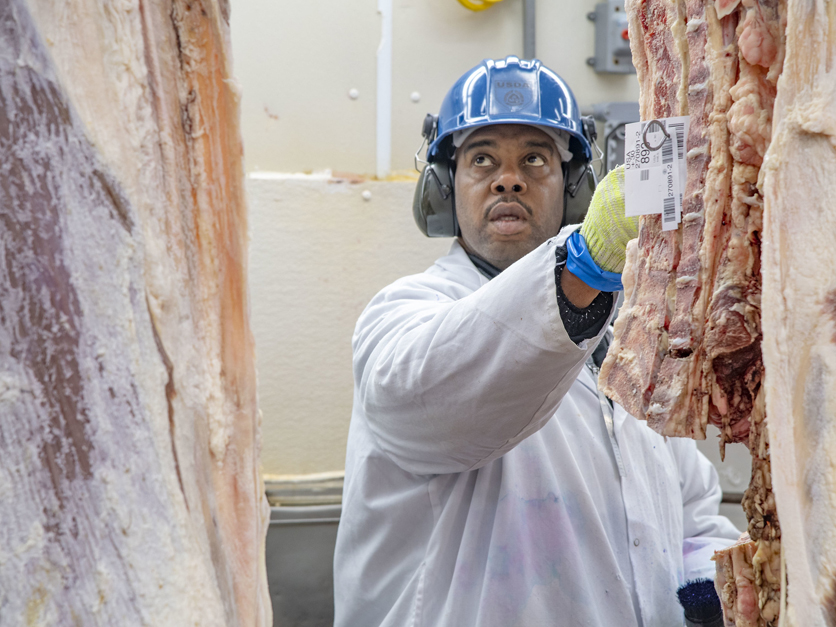Ag stakeholders in the Northeast say the COVID-19 pandemic exacerbated existing meat processing capacity concerns in the region, leading many in the area to push for more facilities outside the traditional production hotbeds.
“COVID highlighted our dependency on other parts of the country for our food, and the lack of local resiliency,” said Brad Mitchell, deputy executive director of the Massachusetts Farm Bureau.
His organization held a virtual press conference last week highlighting the problems the state and others in the New England area are seeing around the need for more meat processing facilities and a stronger food resiliency program. Some processing facilities, Mitchell said, are booking appointments 18 months in advance.
“We’ve got farmers booking appointments for animals before they are even born yet,” said Mitchell.
MFB is also currently surveying area producers to get an idea of slaughter and processing needs.
“What we need is a number of smaller facilities throughout the state that are capable of taking a small number of animals," Mitchell added. "We desperately need a poultry facility, I expect we're going to see a lot of input from producers on that.”
Interested in more news on farm programs, trade and rural issues? Sign up for a four-week free trial to Agri-Pulse. You’ll receive our content - absolutely free - during the trial period.
One of the areas being looked at to help alleviate these issues would be to allow states to take over USDA inspections, which was first approved in the 2012 Farm Bill, but some states - including Massachusetts - have yet to act on the idea. Mitchell said the shift would give states have more flexibility and access when it comes to approval processes.
There's also a push in the region to streamline many of the processing regulations faced by area facilities.
“From our perspective, and apparently many of the other New England states agree, if we really want to build our meat processing infrastructure we need an agency, that’s about not only protecting public health, but making sure that we have a viable industry and the technical assistance to do that,” Mitchell said.
For more news, go to www.Agri-Pulse.com.


